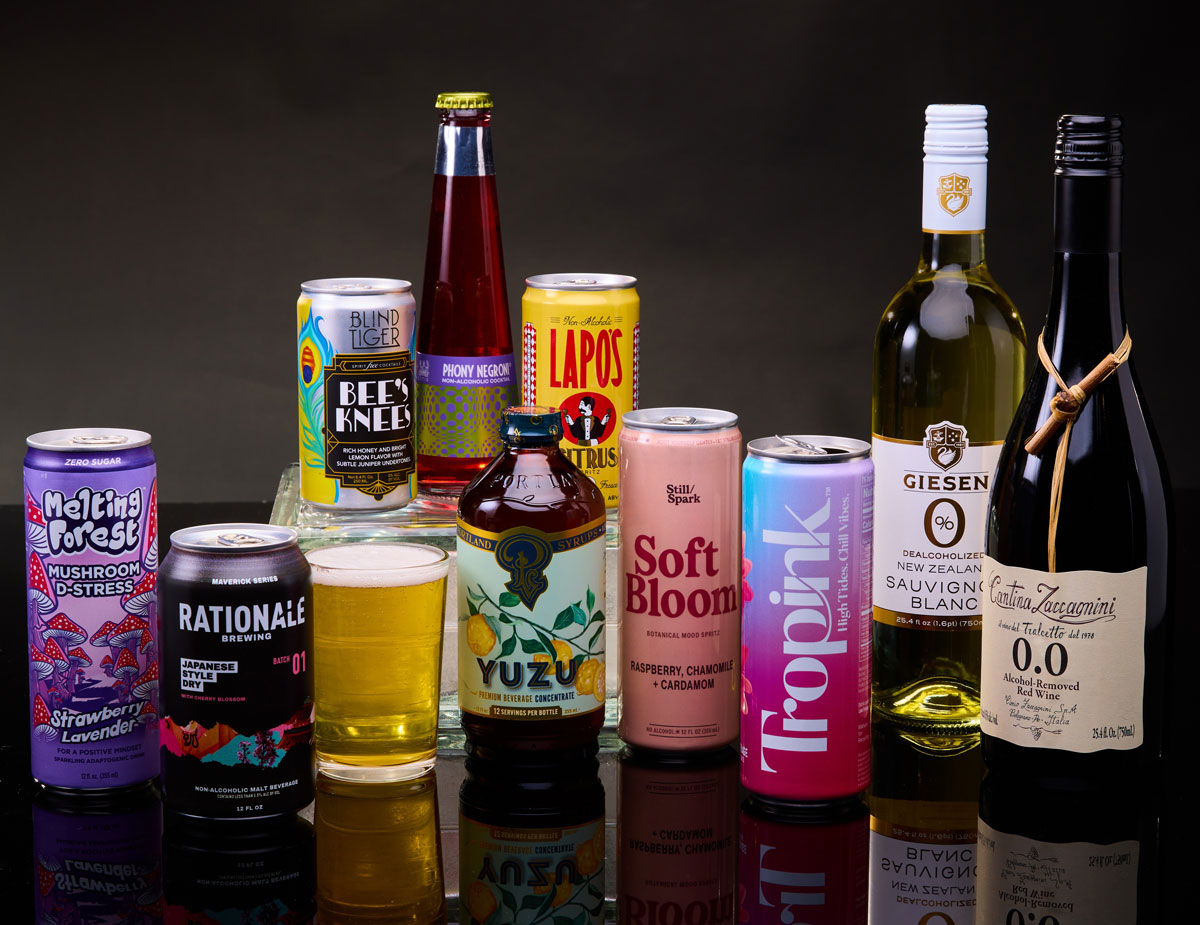
What’s a sweet tooth to do when it comes to limiting the intake of refined sugars in one’s daily diet? Cutting back on refined sugar is always a good idea, considering the evidence from health experts who can point to sugar as a contributor to the development of chronic diseases, such as obesity, type 2 diabetes, heart disease and even certain cancers.
Refined sugar is found in much more than candy and baked goods. It’s added to many everyday foods, like salad dressings, yogurt, tomato and pasta sauces and beverages. It hides in ingredients lists under different names, so it’s often not easy to spot. Extracted from sugar cane, sugar beets or corn, these refined sugars are also called sucrose, glucose and high-fructose corn syrup.
Healthier alternatives to refined sugar can be found in many foods and beverages at your Market, most prevalently as natural sugars and sweeteners. Several lifestyle diets, such as keto, paleo and low-glycemic diets, seek to limit the daily intake of refined sugar.
Natural sugars
Natural sugars, when consumed in moderation, provide an essential ingredient for your body to use for energy. They are in fruits and some vegetables, most commonly in the form of fructose. Many fruits and vegetables are also low-glycemic foods and won’t make blood sugar reach unhealthy levels.
Visit your Market’s Produce Department to see the very best in what’s seasonally available. In the winter, we celebrate the bounty of citrus season. Sweet potatoes, yams and winter squashes are winter favorites, too. In the spring, naturally sweet fresh peas, as well as strawberries and rhubarb are in season. The summer provides an impressive bounty of fresh fruits and vegetables, as well, followed by the harvest hurrah that’s autumn. Ask your Market team member to recommend produce that’s in season or stop by your Market Kitchen for fresh preparations featuring in-season fruits and vegetables.
Natural sugars are also found in dairy products, such as milk and cheese, usually in the form of lactose. For people who are lactose intolerant, nondairy milks, which include soy, rice, almond, oat, coconut and rice milks, also contain simple sugars, such as fructose, that same natural sugar found in fruit. It’s the sweetened versions of these nondairy milks that have added sugar.
Natural sweeteners
Several natural sweeteners are available at your Market, including stevia and monk fruit extracts, both of which are low-calorie. Stevia is made from the leaves of the stevia plant, and monk fruit sweeteners come from the monk fruit, a small, melon-like gourd. The Eugene-based brand, NuNuturals, produces both kinds of sweeteners, which can be found in our grocery aisles or Whole Health Department.
Other natural sweeteners, albeit a bit higher in calories than the zero-calorie stevia and monk fruit sweeteners, include coconut sugar, honey, maple syrup and molasses. Readily available at your Market, with many locally produced brands of honey specifically, these sweeteners serve as acceptable sugar replacements for those who choose paleo and keto dietary lifestyles. So, consider stocking the pantry and enjoy natural sugars in moderation. You won’t even miss refined sugar.
Explore More Topics
Recent Posts
- Going Gluten-Free in Oregon? Market of Choice Makes It Delicious.
If you’re newly gluten-free, welcome to the club—membership includes great snacks, excellent pancakes, and the occasional moment of staring at a menu like it’s written in ancient runes. Don’t worry. You’re not alone, and you definitely don’t have to give up delicious food. In fact, thanks to Oregon’s vibrant community of gluten-free makers (many of which you’ll find right here at Market of Choice), going gluten-free has never tasted better.
- Kickstart the Year with an Alcohol-Free January
Join the alcohol-free January movement with a wide range of zero-proof drink options at Market of Choice.



